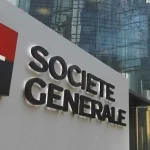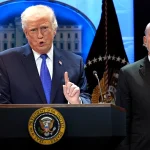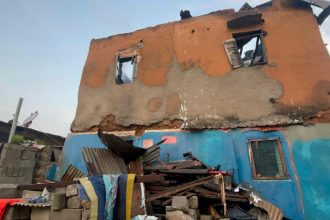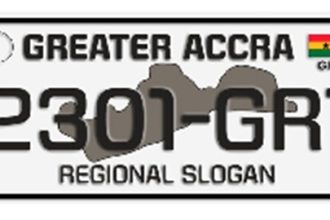Fitch Solutions has revealed that the Ghana cedi is expected to recoup some losses against the dollar in the coming months.
It projects the cedi to regain value by 9.0% by year-end from the July 9, 2024 spot.
The cedi is presently going for GH15.75 cedis at the Forex bureau. It has depreciated by about 20% against the dollar this year.
Ghana reached an agreement with international bondholders on July 8 to restructure external debt totalling US$13 billion. The agreement is expected to be finalized by September 2024.
Fitch Solutions anticipates this will enhance investor confidence in Ghana, boost capital inflows, and strengthen the local currency.
READ ALSO: How Cedi Depreciation Impacts Your Pocket
According to the London-based firm, this is due to improved investor sentiment, higher dollar inflows, and easing external conditions.
It said in an article titled “Sub-Saharan Africa Currency Outlook: Enhanced Stability Expected in Second Half of 2024” noted that external factors are set to provide increased support for currencies across the region in the upcoming quarters.
“We expect the Ghanaian cedi to fare better in H2 [second-half of 2024]. In the year to date, the cedi has lost 19.2% of its value against the US dollar, positioning it among the worst-performing currencies globally. Subdued market sentiment amid debt restructuring negotiations has kept capital inflows weak, while the start of an economic recovery – real GDP growth accelerated from 3.8% in Q4 [quarter 4] 2023 to 4.7% year-on-year in quarter 1 2024 – has increased demand for foreign exchange.”

“Furthermore, Ghana’s international reserves have remained low, covering just 2.5 months of imports in March. Combined with IMF [International Monetary Fund] agreements to allow the exchange rate to adjust to market conditions, this has led to limited foreign exchange intervention by the Bank of Ghana in the year-to-date,” it added.
The cedi’s relentless decline against the US dollar in 2024 defies the Bank of Ghana’s efforts, fueling economic struggles.
















